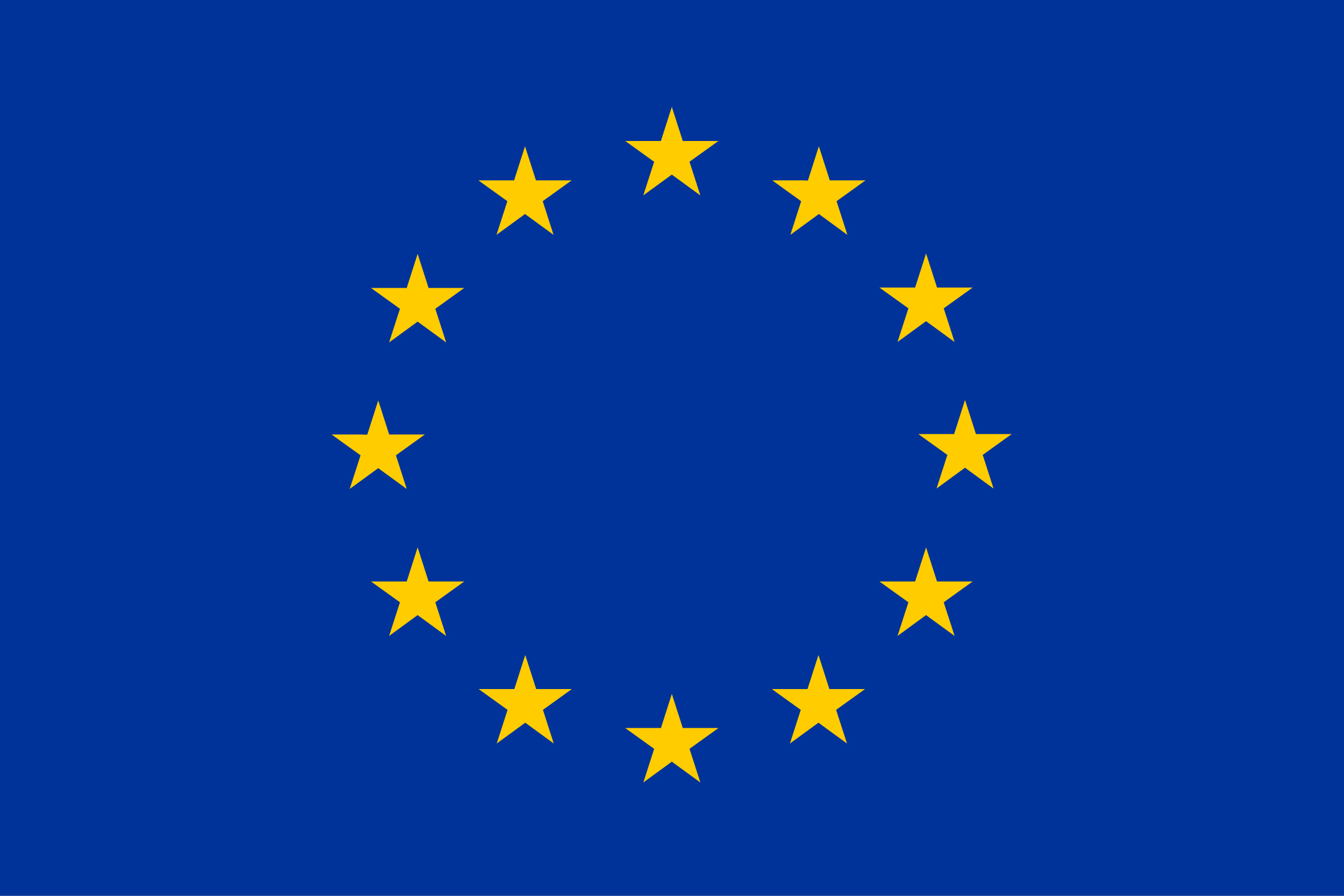Lyon-Singapore Quantum Information Meeting
05.-09. June 2023
General Information
The workshop will be held at CQT and aims to foster collaborations between the quantum information groups in Lyon and Singapore.
Program
All talks will take place at CQT (map) on the 6th floor.
| Time | Monday | Tuesday | Wednesday | Thursday | Friday |
|---|---|---|---|---|---|
| 10.00 | Coffee break | ||||
| 10.30 | Erkka Haapasalo | Enrique Cervero | Salman Beigi | Daniel Stilck Franca | Omar Fawzi |
| 12.30 | Lunch | ||||
| 14.00 | Roberto Rubboli | Mischa Woods | Yonglong Li | Christoph Hirche | Josep Lumbreras |
| 15.00 | Coffee break | ||||
| 19.00 | Welcome drinks | Workshop dinner | |||
Social events:
Moday: Welcome drinks at RedDot Brewhouse (Map)
Casual drinks and snacks.
Thursday: Workshop dinner at Colony (Map)
Buffet style dinner. Dress code: Smart Casual.
Talks
(Click on a talk to show/hide abstract)
Daniel Stilck Franca - “Efficient learning of ground & thermal states within phases of matter”
Abstract: We consider two related tasks: (a) estimating a parameterisation of an unknown Gibbs state and expectation values of Lipschitz observables on this state; and (b) learning the expectation values of local observables within a thermal or quantum phase of matter. In both cases, we wish to minimise the number of samples we use to learn these properties to a given precision.
For the first task, we develop new techniques to learn parameterisations of classes of systems, including quantum Gibbs states of non-commuting Hamiltonians under the condition of exponential decay of correlations and the approximate Markov property, thus improving on work by \cite{rouze2021learning}. We show that it is possible to infer the expectation values of all extensive properties of the state from a number of copies that not only scales polylogarithmically with the system size, but polynomially in the observable’s locality — an exponential improvement over state-of-the-art — hence partially answering conjectures stated in \cite{rouze2021learning} and \cite{anshu2021sample} in the positive. This class of properties includes expected values of quasi-local observables and entropic quantities of the state.
For the second task, we turn our tomography tools into efficient algorithms for learning observables in a phase of matter of a quantum system. By exploiting the locality of the Hamiltonian, we show that $M$ local observables can be learned with probability $1-\delta$ and up to precision $\epsilon$ with access to only $N=\mathcal{O}\big(\log\big(\frac{M}{\delta}\big)e^{\operatorname{polylog}(\epsilon^{-1})}\big)$ samples — again an exponential improvement in the precision over the best previously known bounds \cite{huang2021provably}. Our results apply to both thermal phases of matter displaying exponential decay of correlations and families of ground states of Hamiltonians satisfying a similar condition. In addition, our sample complexity applies to the worse case setting whereas previous results only applied to the average case setting.
To prove our results, we develop new tools of independent interest, such as robust shadow tomography algorithms for ground and Gibbs states, Gibbs approximations of locally indistinguishable ground states, and generalisations of transportation cost inequalities for Gibbs states of non-commuting Hamiltonians.
This is based on joint work with Emilio Onorati, Cambyse Rouzé and James D. Watson
Enrique Cervero - “From magic squares to quantum key distribution”
We explore the three player version of the magic square game, an instance of a non-local game, and show that the best possible three player quantum strategy does not outperform the best possible three player classical strategy. Inspired by this, we design a general Device Independent Quantum Key Distribution protocol based on arbitrary Non-Local Games (NLG-DIQKD) and exemplify it with the magic square game. We prove the security of the NLG-DIQKD in the finite key regime via the generalised entropy accumulation theorem, a recent result which bounds the smooth min-entropy of a classical-quantum state resulting from a sequence of completely positive and trace preserving maps.
Salman Beigi - “Optimal Convergence Rates in the Quantum Central Limit Theorem”
Central limit theorem (CLT) states that the normalized sum of $n$ iid random variables converges to a Gaussian distribution. The measure of distance and the rate of convergence under which CLT holds have been the subject of study for decades. While the rate of convergence in $L_1$ distance has been known since the 60’s, the optimal convergence rate in relative entropy is derived only in the last decade. In this talk I discuss the optimal convergence rates in the quantum central limit theorem. I show that when measured in $L_1$ distance the optimal rate of convergence in quantum CLT is $O(1/\sqrt{n})$, and when measured in relative entropy, under some extra assumptions, the optimal convergence rate is $O(1/n)$. This talk is based on a joint work with Hami Mehrabi.
Erkka Happasalo - “Asymptotic and catalytic matrix majorization”
The matrix majorization problem asks, given two tuples of probability vectors, whether there exists a single stochastic matrix transforming one tuple into the other. Solving an open problem due to Mu et al, we show that if certain monotones - namely multivariate extensions of Renyi divergences - are strictly ordered between the two tuples, then for sufficiently large n, there exists a stochastic matrix taking n copies of each input distribution to n copies of the corresponding output distribution. The same conditions, with non-strict ordering for the monotones, are also necessary for such asymptotic matrix majorization. Our result also yields a map that approximately converts a single copy of each input distribution to the corresponding output distribution with the help of a catalyst that is returned unchanged. Allowing for transformation with arbitrarily small error, we find conditions that are both necessary and sufficient for such catalytic matrix majorization. We derive our results by building on a general algebraic theory of preordered semirings recently developed by one of the authors. This also allows us to recover various existing results on asymptotic and catalytic majorization as well as relative majorization in a unified manner. This talk is based on a joint work with Muhammad Usman Farooq, Tobias Fritz, and Marco Tomamichel.
Omar Fawzi - “Lower bounds on the overhead of a quantum memory”
A quantum memory is a procedure to store quantum information in a way that is robust to local noise for some fixed time. I will discuss two lower bounds on the number of additional physical registers required for a quantum memory. For the first one, I will focus on the dependence on time and allow very general operations. For the second one, I will require the operations to be geometrically local and focus on the dependence on the desired logical error rate. An important feature of these bounds is that they hold even if error-free classical computation is allowed.
Based on joint works with Nouédyn Baspin, Alexander Müller-Hermes and Ala Shayeghi available at https://arxiv.org/abs/2202.00119 and https://arxiv.org/abs/2302.04317.
Roberto Rubboli - “Additivity properties of resource monotones based on a quantum relative entropy”
We discuss how to recast the additivity problem of resource monotones based on quantum relative entropies into a simpler linear one. Our results rely on deriving necessary and sufficient conditions for the minimum of these monotones. We recover independently results in resource theory of coherence, conditional entropies, and find new results in entanglement theory and resource theory of magic.
Talk based on: https://arxiv.org/abs/2211.12804
Mischa Woods - “A general framework for consistent logical reasoning in Wigner’s friend scenarios: subjective perspectives of agents within a single quantum circuit “
It is natural to expect a complete physical theory to have the ability to consistently model agents also as physical systems of the theory. In [Nat. Comms. 9, 3711 (2018)], Frauchiger and Renner (FR) claim to show that when agents model each other as quantum systems while reasoning about each other’s knowledge in a certain Wigner’s friend scenario, they arrive at a logical contradiction. In light of this, Renner often poses the challenge: provide a set of reasoning rules that can be used to program future quantum computers that may act as agents, which are (a) logically consistent (b) generalise to arbitrary Wigner’s friend scenarios (c) efficiently programmable and (d) consistent with the temporal order of the protocol. Here we develop a general framework where we show that every logical Wigner’s friend scenario (LWFS) can be mapped to a single temporally ordered quantum circuit, which allows agents in any LWFS to reason in a way that meets all four criteria of the challenge. Importantly, our framework achieves this general resolution without modifying classical logic or unitary quantum evolution or the Born rule, while allowing agents’ perspectives to be fundamentally subjective. We analyse the FR protocol in detail, showing how the apparent paradox is resolved there. We show that apparent logical contradictions in any LWFS only arise when ignoring the choice of Heisenberg cut in scenarios where this choice does matter, and taking this dependence into account will always resolve the apparent paradox. What is more, in the special case of conventional quantum experiments, our formalism reduces to conventional quantum theory. Our results establish that universal applicability of quantum theory does not pose any threat to multi-agent logical reasoning and we discuss the implications of these results for FR’s no-go theorem. Moreover, our formalism suggests the possibility of a truly relational and operational description of Wigner’s friend scenarios that is consistent with quantum theory as well as probability theory applied to measurement outcomes.
Yonglong Li - “Sequential Hypothesis Testing”
Some old and some new things.
Christoph Hirche - “Renyi and f-divergences from integral representations”
I present some ongoing work on a new f-divergence. This is joint work with Marco Tomamichel.
Josep Lumbreras - “Online learning of quantum pure states without regret”
We present a novel way of learning pure quantum states using online learning techniques from stochastic bandit theory. In this setting, the learner interacts sequentially with an unknown pure quantum state (the environment) performing single-copy rank-1 projectors measurements (the action). The learner’s goal is to reduce the expected cumulative regret, which is minimized by selecting the measurements with maximum overlap with the unknown state. In previous work, it was observed that the regret scales as square root the number of rounds if we apply directly the bandit algorithm LinUCB. It was an open question if this strategy was optimal. We answer this question by presenting a modified version of LinUCB that uses a weighted least square estimator and gives a logarithmic scaling of the regret under a geometrical assumption. We do numerical studies that show logarithmic scaling and we check that the assumption is satisfied. We also derive information-theoretic lower bounds on the regret connecting quantum state tomography with bandit protocols and show a logarithmic lower bound that is almost optimal. Finally, we study a classical quantum-inspired stochastic linear bandit that shows that contrary to a common belief in classical bandit theory, the square root regret barrier is not only due to the fact that the action set is continuous, it is also because the variances of the reward probabilities distributions have non-zero variance.
Organizers
Omar Fawzi
Daniel Stilck Franca
Christoph Hirche
Marco Tomamichel
Funding
 This workshop is supported within the MERLION PROGRAMME 2023, co-funded in France by the Ministry of Europe and Foreign Affairs (MEAE) and in Singapore by the National University of Singapore (NUS).
This workshop is supported within the MERLION PROGRAMME 2023, co-funded in France by the Ministry of Europe and Foreign Affairs (MEAE) and in Singapore by the National University of Singapore (NUS).
